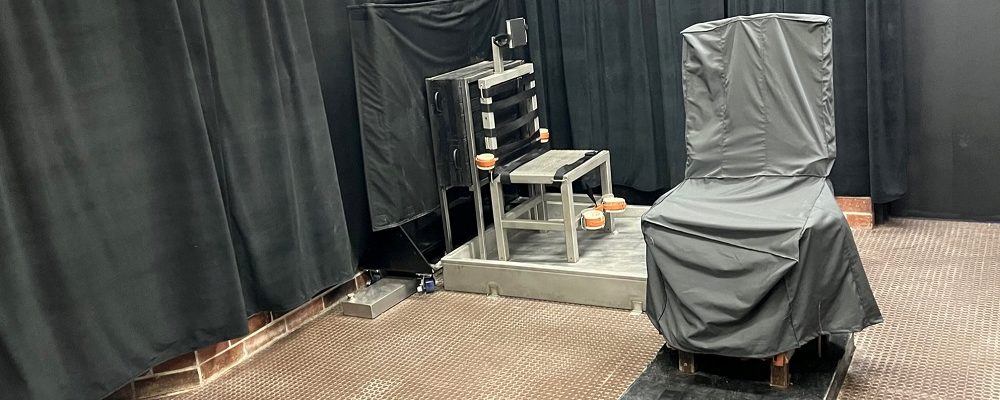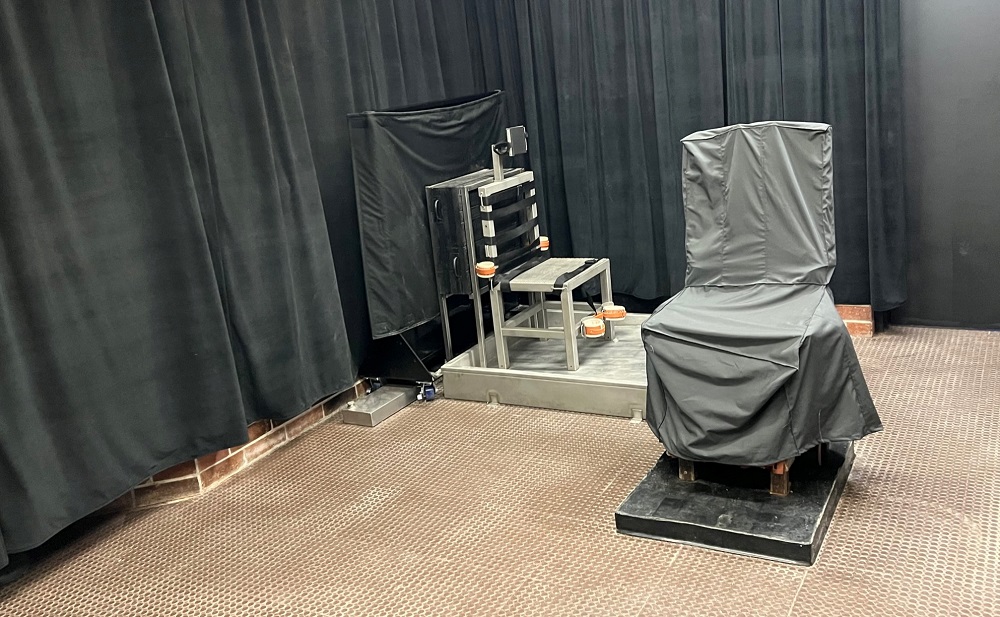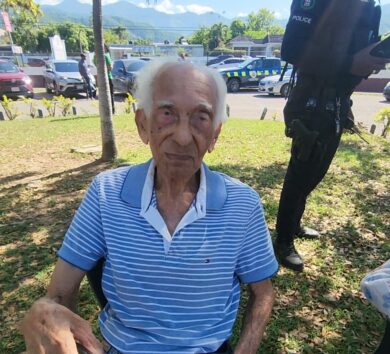

(Reuters)
South Carolina’s Supreme Court today (April 20) temporarily halted the execution of a condemned man planned for next week that would have been the first firing-squad execution in the United States in more than a decade.
Richard Moore, 57, was convicted in 2001 of murdering a store clerk in a 1999 robbery; the jury voted to recommend he be sentenced to death.
South Carolina’s highest court agreed to Moore’s request to stay his execution date, set earlier this month for April 29, because of his ongoing legal challenges to his sentence and to the Southern state’s execution methods.
OFFICIALS UNABLE TO GET DRUGS FOR LETHAL INJECTION
He and other death row inmates, who are suing the South Carolina Department of Corrections in a lower-level state court say the execution methods available violate the South Carolina constitution, which forbids cruel or unusual punishments. Unlike the US Constitution’s Eighth Amendment, the state’s constitution explicitly forbids corporal punishment.
Earlier this month, the Department of Corrections asked Moore to pick between being killed by electric chair or by a firing squad after telling him that execution officials were unable to secure the drugs needed for lethal injection.
Last week, Moore chose a firing squad, a method that has been used only three times in the United States since 1950.
“I do not believe or concede that either the firing squad or electrocution is legal or constitutional.”
Richard Moore, convicted murderer
Those executions were all carried out by Utah’s government. The first, of murderer Gary Gilmore in 1977, was the subject of Norman Mailer’s prize-winning nonfiction novel, The Executioner’s Song. The others took place in 1996 and 2010, according to the Washington-based nonprofit Death Penalty Information Center.
“I do not believe or concede that either the firing squad or electrocution is legal or constitutional,” Moore said in a statement informing the Department of Corrections of his choice. He said that if he refused to make a choice, the department had said it would default to the electric chair.
Moore also sought a stay to allow him to petition the US Supreme Court to find the death penalty excessive in his case. His lawyers have argued that because he entered the store unarmed, and instead used the clerk’s own gun for the killing after grabbing it in a scuffle, that the murder was not premeditated.
A lawyer for Moore and a spokesperson for the Department of Corrections did not respond to requests for comment.







Comments